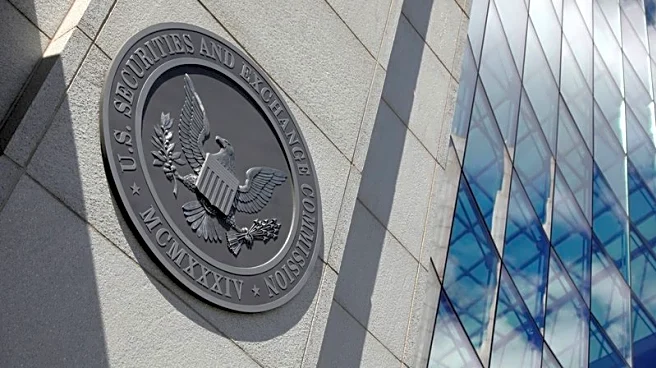By Suzanne McGee
(Reuters) -The TXSE said on Tuesday that the SEC has approved its application to launch a new stock exchange, clearing the way for the Dallas-based Texas Stock Exchange to begin trading
stocks and exchange-traded products by early 2026.
The venture, backed by investment industry heavyweights including BlackRock, Citadel Securities and Charles Schwab, aims to chip away at the dominance of the two existing national stock exchanges which, in addition to trading, offer listing services to companies seeking to tap into public markets in the U.S.
TXSE said it aimed to reduce the burden of going public and remaining publicly traded. According to data from the SEC, the number of publicly traded companies on U.S. exchanges has fallen to about 4,400 from a peak of more than 8,000 in the 1990s.
To reverse this, the Texas Stock Exchange said it plans to attract listings from high-growth sectors including energy, technology and manufacturing. It also will seek to take advantage of perceptions that Texas is business friendly, with lower taxes and lighter regulations.
A number of companies have moved their corporate headquarters to Texas in recent years, including Tesla. BlackRock rolled out an ETF in May to invest in this theme, the iShares Texas Equity ETF, although it has attracted only $15 million in assets.
"(Texas) has a long-term vision for driving economic growth, streamlining regulations, and building financial infrastructure," James Lee, the new exchange's founder and CEO, said in a press release.
The TXSE first announced its plans in June 2024, including details of financial backing from BlackRock and Citadel. It submitted its formal request for SEC approval in January.
Since then, it has recruited talent from other exchanges, including two veteran ETF executives from rivals Cboe Global Markets and Nasdaq.
But those rivals are not sitting idly by. On March 31, the NYSE opened its own Texas outpost, disclosing that Trump Media & Technology would be the first company to list there. Nasdaq also plans to vie for Texas business by opening a new regional headquarters in the state.
(Reporting by Suzanne McGee; Editing by Edmund Klamann)









